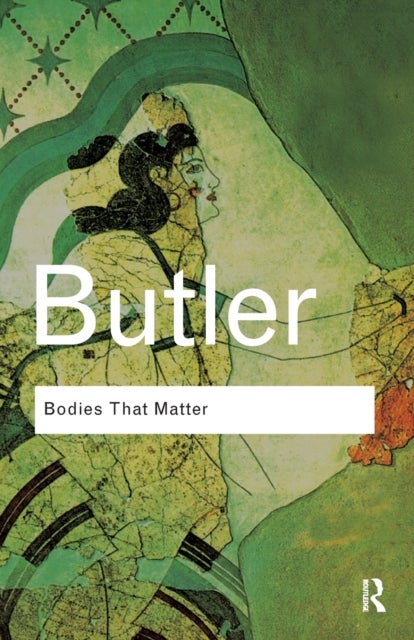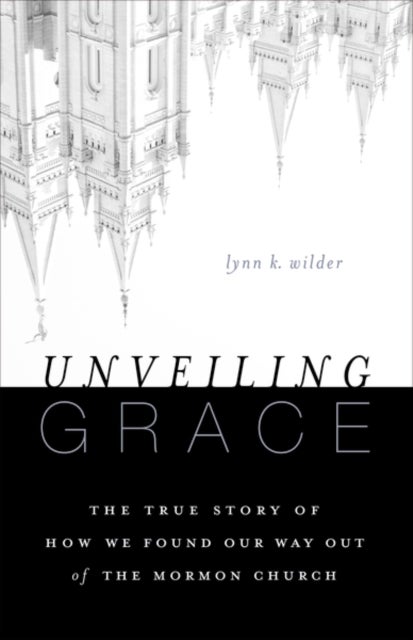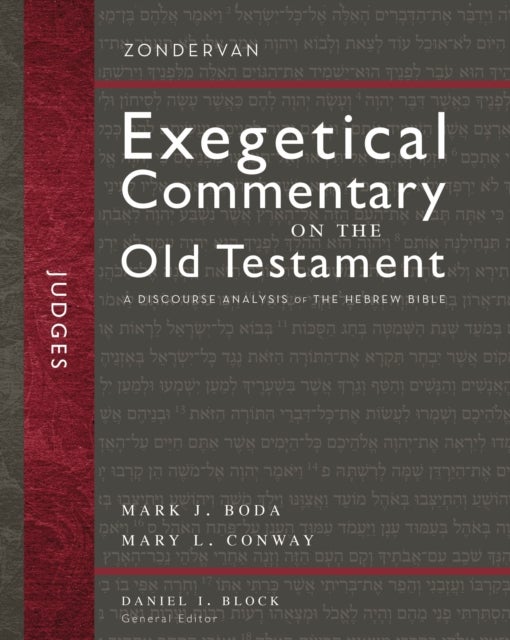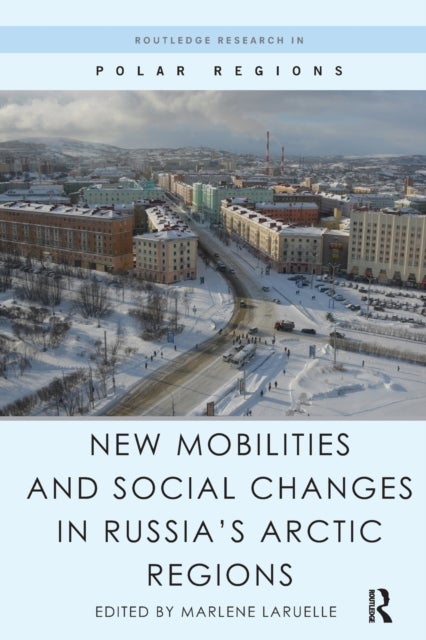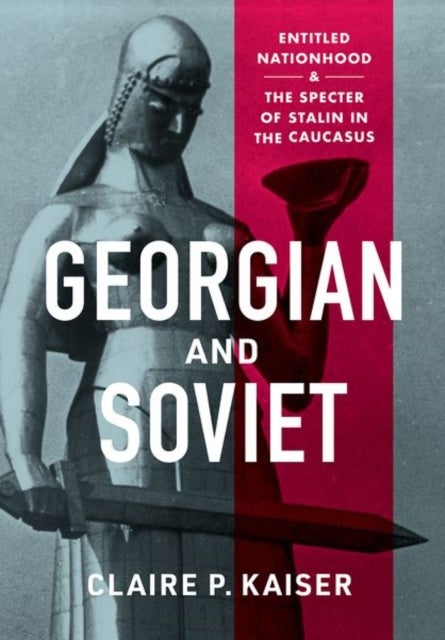
Georgian and Soviet av Claire P. Kaiser
559,-
<P><B><I>Georgian and Soviet</I></B><B> investigates the constitutive capacity of Soviet nationhood and empire. </B>The Soviet republic of Georgia, located in the mountainous Caucasus region, received the same nation-building template as other national republics of the USSR. Yet Stalin''s Georgian heritage, intimate knowledge of Caucasian affairs, and personal involvement in local matters as he ascended to prominence left his homeland to confront a distinct set of challenges after his death in 1953.</P><P>Utilizing Georgian archives and Georgian-language sources, Claire P. Kaiser argues that the postwar and post-Stalin era was decisive in the creation of a "Georgian" Georgia. This was due not only to the peculiar role played by the Stalin cult in the construction of modern Georgian nationhood but also to the subsequent changes that de-Stalinization wrought among Georgia''s populace and in the unusual imperial relationship between Moscow and Tbilisi. Kaiser describes how the Soviet empi

